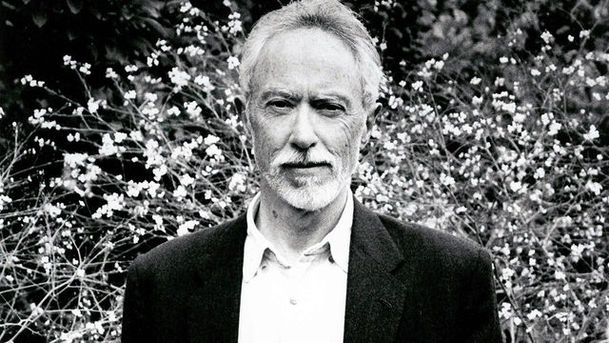Saturday Review - 05/09/2009

Tom Sutcliffe is joined by writer Adam Mars-Jones, historian Kathryn Hughes and broadcaster Matthew Sweet to discuss the cultural highlights of the week; featuring a Nobel Prize-winning loser, the original sex kitten and a Goon under attack The third volume of JM Coetzee's fictionalised memoirs is called Summertime, but there's nothing particularly sunny about it. Containing transcripts of interviews with five people who knew Coetzee in the 1970s, this is apparently the work of an English biographer called Vincent. The picture of Coetzee that emerges is of an awkward, untidy man who can't dance, is no good in bed and is disliked by dogs. He can, however, write a bit. Four years after Hurricane Katrina hit New Orleans, causing devastating floods, Jericho House bring Katrina to The Bargehouse in London. This is a promenade performance, written by Jonathan Holmes, which uses testimonies of survivors of the flood to paint a vivid picture of the confusion and misery which overwhelmed the city in Katrina's aftermath. Tricks (Sztuczki) is Polish director Andrzej Jakimowski's third feature film. Set in a crumbling railway town, it follows six-year-old Stefek's attempts to bend fate to his will with help from his 18-year-old sister Elka. Stefek thinks that the businessman he keeps seeing at the station may be his father, but will rituals with toy soldiers and mastering the art of releasing a neighbour's racing pigeons be enough compel him to return to his family? Brigitte Bardot will be 75 later this month. To mark this, the James Hyman gallery in London is staging an exhibition - Brigitte Bardot and the Original Paparazzi - which assembles 75 photographs of Bardot. The exhibition seeks to trace the evolution of the paparazzi photograph, using Bardot as a case study. The photographs range from candid but authorised shots on film sets in the early 1960s to the more conventional, long lens 'pap shots' from 20 years later. Spike Milligan - Goon, but not forgotten; godfather of anarchic comedy and so on. He is seen by many as one of the most important figures in 20th-century British comedy (even though he was Irish), but Kathryn Hughes isn't buying it. 'I don't get Spike Milligan', she says. 'He's like the embarrassing uncle who you dread sitting next to at Christmas.' Are her arguments are powerful enough to persuade Tom and her fellow guests?